Sina Khani: “I’m a piece of shit human being who is always in some kind of stupid trouble and who is mortal as fuck. I’m pretty sure I will die laughing one day.”
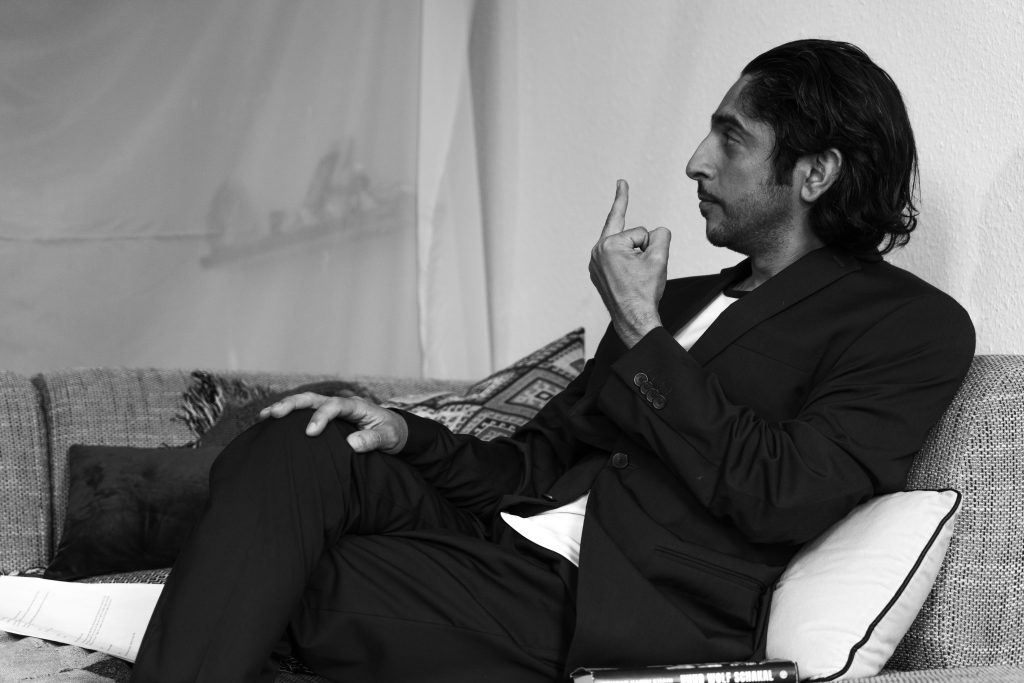
In the ensemble’s own words, ‘Creeps from the Middle East is a black and white, non-monetized, relatively unscripted comedy show created by Susan Lanting, Steven Bos and Sina Khani.’ For me, the initial reaction found it all to be a very bizarre, experimental take on the ‘absurd’; an art/ comic project that oozes ideas, and […]
Wim Wenders: “Everyday stories are the only eternal stories.”
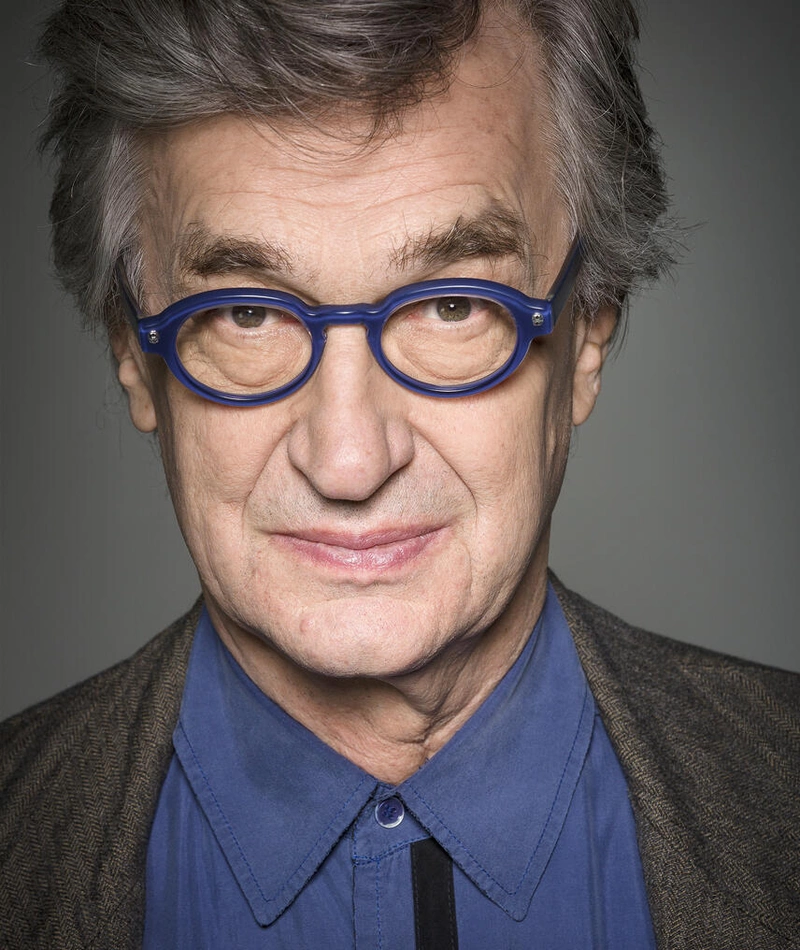
I wish I had hours or months to speak to Wim Wenders. This is the guy who made the majestic Wings of Desire among many others. Paris, Texas is another which demands the attention of all. Wim Wenders came to international prominence as one of the pioneers of German Cinema during the 1970’s. […]
Olivier De Sagazan: “I can only answer you with my creations, not with words.”
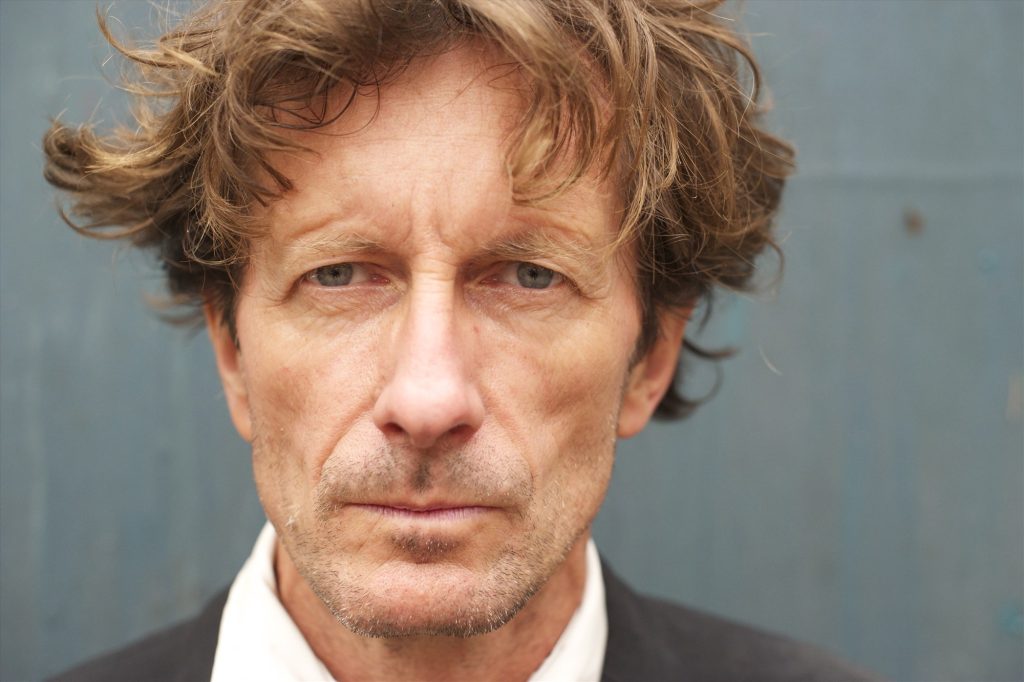
“I run every day, running is like an amplifier of presence for me, a time to reconnect with myself and the world. The sound of footsteps and breathing already creates music and incites the beginning of a dance.” Olivier De Sagazan. Olivier De Sagazan blurs the lines between sculpture, painting, and performance, between surrealist dreams and your […]
Milan Kundera (1929 – 2023)
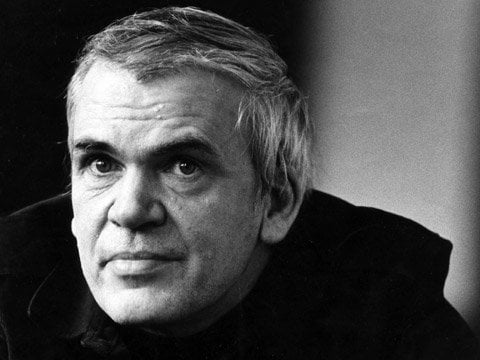
Milan Kundera (1929-2023) specialized in writing about philosophy, women, memory, love, sex, life’s absurdities, melancholia, betrayal, loss, communism, nostalgia, and most importantly, sex, lust, love, and women. At this current moment, with the loss of this most life-changing of authors (for me at least), I’m struggling for words to summarise his importance. Rather, I’ll just […]
Carlos Dengler: “I can never rest and I can never rely on my environment. I’m always moving.”
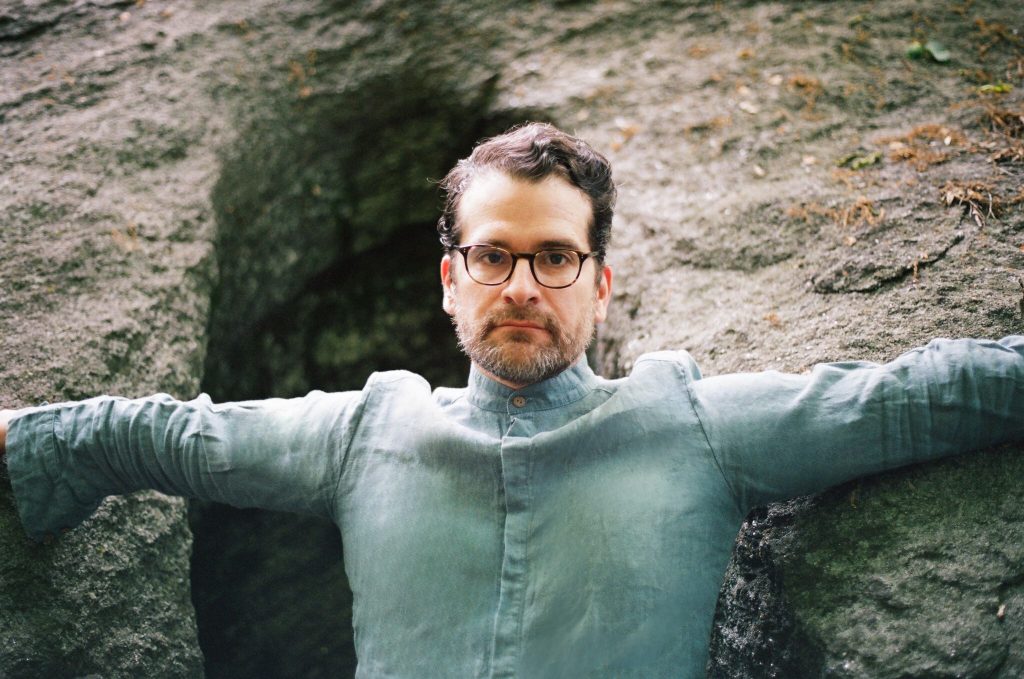
By his own admission, Carlos Dengler suffers from ‘creative ADHD’. It’s a condition he says makes him miserable, which I can understand. On the plus though, it is a side of his nature, given the quality and quantity of his creative output, I would argue that has been put to tremendous use over the years. […]